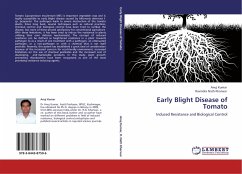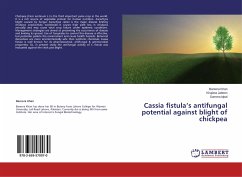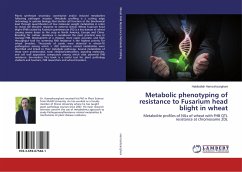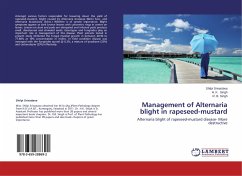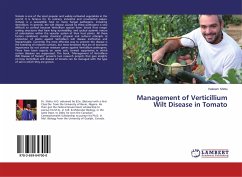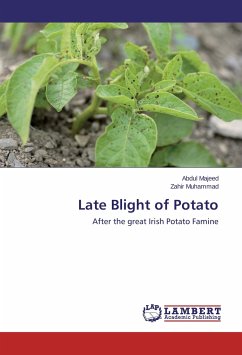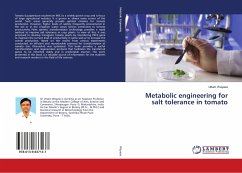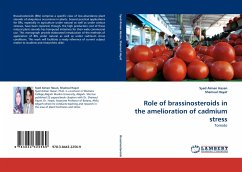Tomato (Lycopersicon esculentum Mill.) is important vegetable crop and is highly susceptible to early blight disease caused by Alternaria alternata f. sp. lycopersici. The pathogen leads to severe destruction of the tomatoplants. Since long back, several techniques such as cultural practices, chemical controland biological control have been tried to combat the disease, but none of these proved satisfactory for conventional agriculture.With these limitations, it has been tried to induce the resistance in plants utilizingtheir own defense mechanism(s). The concept of induced resistance can be defined asheightened resistance in a plant towards pathogen (s) as a result of pre treatment witha pathogen, an attenuated pathogen, or a non-pathogen or with a chemical that is notitself pesticide. Recently, this system has established a great deal of considerationbecause of the increased concern for eco-friendly environment, increased limitationson the use of chemical pesticides and the increased cost of developing, and marketable products. In this study, plant growth promoting rhizobacteria have beenrecognized as one of the most promising resistance inducing agents.
Bitte wählen Sie Ihr Anliegen aus.
Rechnungen
Retourenschein anfordern
Bestellstatus
Storno

